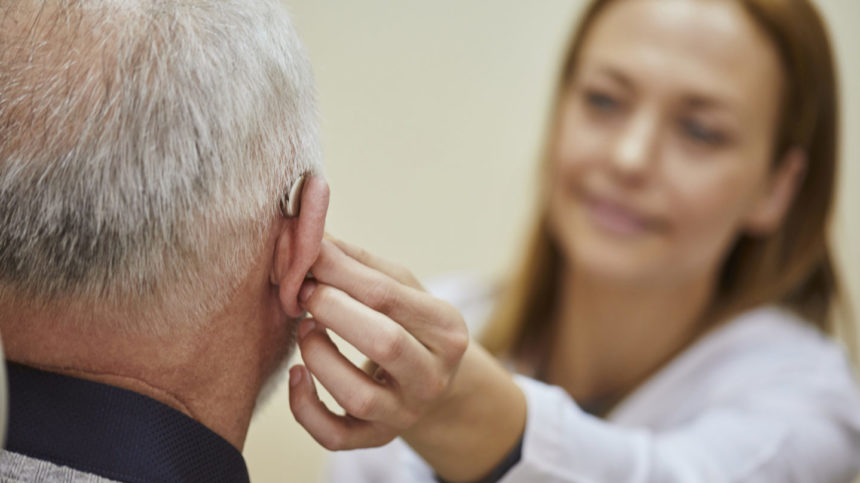
A professor at NYU Grossman School of Medicine has a message about how the healthcare community should communicate the connection between hearing loss and dementia risk: Don’t be scary.
“We need effective messages to overcome the stigma that is a barrier to hearing testing and treatment,” Jan Blustein, MD, PhD, a professor of health policy and medicine at the university, wrote in JAMA Otolaryngology–Head & Neck Surgery. “Frightening or negative messages can be ineffective, and they can backfire. Tailoring messages to maximize desired behavior change is not soft-pedaling. It is a matter of being effective.”
Blustein cited recent studies that found hearing loss was a modifiable risk factor for dementia.
She agrees that hearing loss is a risk factor for dementia, but isn’t so sure members of the public understand the scientific language surrounding these studies.
“The term risk in everyday English suggests something that may cause something bad or unpleasant to happen,” Blustein wrote. “Messaging in ‘epidemiologic-ese’ may be technically correct, but it can mislead.”
Ageism still gets in the way of enabling people to get treatment for hearing loss, she said. People who have a hard time hearing may delay seeking care or try to find discreet instruments due to the stigma around wearing hearing aids.
“They do not want to be found out,” she wrote.
Dementia, too, is linked to stigma and anxiety. That’s why messages associating hearing loss and dementia need to be “considered carefully.”
“We need effective messages to overcome the stigma that is a barrier to hearing testing and treatment,” Blustein wrote. “Frightening or negative messages can be ineffective, and they can backfire. Tailoring messages to maximize desired behavior change is not soft-pedaling. It is a matter of being effective.”
Viewing hearing aids as a dementia prevention tool is likely to deter people from using them and stigmatize those who do.
“In promoting hearing health, we believe that the most effective messages will be positive rather than ominous,” she said. “They will highlight the benefits of better hearing, regardless of age or stage in life.”



